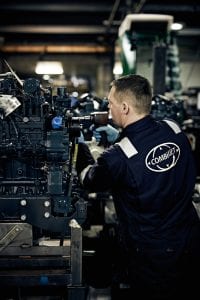Collen Construction
Unlike most building companies, Collen Construction grew during the recession by identifying opportunities in new, technologically driven sectors such as data centres and biopharma. In 2010, the 210 year old family business built its first data centre for a multinational client. Now, with close to 2 million sq. ft of high-tech space completed, it is one of the top Irish contractors in the ‘hitech/data hall’ space.
In 2014, at the invitation of the same multinational client, Collen Construction built its first data centre in Germany, and last April, the company opened an office in Frankfurt from where it plans to pursue further opportunities throughout Europe.
The European operations manager of Collen GmbH, Thomas O’Connor, stresses the importance of having a clear focus in order be credible overseas. Collen’s reputation in Ireland for being good at a wide range of construction activities will not open doors or win business in Europe, he says.
“We’ve made data centres our sweet spot and built a reputation for knowing how to mitigate the risks involved. These types of projects impose challenging deadlines and require us to produce volumes of technical information. Since 2010, we’ve really got to know the suppliers in this specialised field, and we’re comfortable in it.”
One of the secrets for managing the risk, O’Connor reveals, is treating all the sub contractors as partners and stakeholders. “For our clients, it’s all about speed-to-market, and, in that sense, it’s a very unforgiving sector. In this type of specialised project, therefore, if one fails, we all fail. It really is that simple. So we adopted a partnership approach in 2014, and the model has not let us down.”
PM Group
Like Collen, PM Group has followed its blue chip clients into continental Europe and has been active in the Benelux region, in particular, over the past 10 years.
Colm Fitzgerald, head of construction services at the engineering, architecture and project management firm, says there are a number of “bear traps” that construction firms need to be aware of. First and foremost is the need to respect other cultures. “Even something as simple as a turn of phrase that might be commonly used in Ireland could be misinterpreted,” he warns.
There are also differences in approaches to health and safety across Europe. “On the ground investigation and research is essential to identify exactly where the bar is set. In some countries, it’s not as high as in Ireland or the UK, for example.”
Fitzgerald also puts a strong emphasis on identifying contractors compatible with the Irish company’s own way of approaching business. “We do a lot of work in the life science sectors, and our clients demand and expect world class standards. We put significant effort into the pre-construction phase of our projects in mapping out execution plans. This is key to establishing best-in-class construction quality and health and safety programmes, so that everyone involved in the project knows exactly what’s expected of them and is both willing and able to deliver. We have worked hard in establishing a solid supply chain, and this has paid dividends in terms of our successful project delivery.”
“We have tended to enter a country in stages. Typically we would begin with concept design work, then expand our services from there.”
Colm Fitzgerald, head of construction services, PM Group.
Up until now, PM Group’s primary focus has been on Benelux countries, but the company is beginning to turn its attention to other opportunities across mainland Europe. “We have tended to enter a country in stages, first getting to know the people, understanding the companies and cultures, etc. It takes time to establish relationships. We’ll do it organically; typically we would begin with concept design work, then expand our services from there.”
Cork Plastics
Founded in 1969, Cork Plastics (CP) manufacturers a wide range of quality plastic products for the construction, building and agricultural sectors. Its main markets are Ireland and the UK, but the company is also rapidly expanding its European customer base, notably in France. CP’s sales and marketing director Seward Lynch says that identifying the right products for, and route to, each market has been crucial. “The hardest part was identifying potential customers, using similar products to those we produce in Cork,” he told The Market. CP chose France because it is large and the closest to Ireland after the UK, which is served by sister company FloPlast. “It has been a steep learning curve for us,” he confirms. “There are a lot of similarities, but a lot of differences, too. The French are slow to change, but there’s still potential there for us in the future.”
Freefoam Plastics
Another Cork-based company Freefoam Plastics began trading in 1990 and has grown into a multinational organisation, operating from sites in the UK, Belgium, France and Germany.
Freefoam entered the French market in 2002 with a trade offering of roofline and cladding products and expanded into the DIY sector at the beginning of 2009. For the last three years, the company has been selling a new cladding product developed specifically for the Dutch market and is developing plans for Germany. The continent now accounts for over 20 per cent of the group’s turnover.
“You need to find the right people to help you enter a new market and then integrate them into your organisation. You also have to find the right customers and distribution channels,” says managing director Aidan Harte. For Freefoam, innovation has been an essential core competency. “It’s important in new markets to adapt to meet the market’s needs, to find solutions that work there, rather than trying to force your existing solutions on them,” he emphasises.
Freefoam invests substantially in R&D, with support from Enterprise Ireland. “This allows us to grow our sales and stay ahead of our pan-European competitors,” Harte says. “Our end customers always expect us to come up with new products and innovations – anything that will help them get their work done more efficiently.”
Harte says that language is always something of a barrier, even though in Europe, in general, the command of English is very good. But Freefoam still sees real benefit in hiring people with multilingual skills that will suit its markets. “We have an inherent knowledge gap in language,” he says, “which is why we make sure we bring those skills into the company by direct hires.”
The Freefoam MD is also a strong advocate of doing homework on regulations and certification. Freefoam, for example, is the only maker of PVC cladding products with ATEC certification from the French building certification body, CTSB.
“It is very important for us to have a strong technical team, but you also have to be willing to tough it out to achieve the results you want,” Harte concludes. “It can take a lot of time and money, but it really is worth it.”
“You need to find the right people to help you enter a new market and then integrate them into your organisation.” Aidan Harte, managing director, Freefoam.
Second and third language skills key to European markets
One of the keys to getting traction in European markets is a sharp focus on the product or service, according to Stephen Hughes, head of construction markets at Enterprise Ireland. “As a rough rule of thumb, the further you are from home, the sharper your focus needs to be,” he says. “You need to be laser sharp in identifying the product areas or sectors in which you can make a major contribution. If you suggest you can do everything for everyone, you won’t be taken seriously.”
He also advises companies to be rigorous in their market research. “Too many companies don’t spend enough time getting to understand the dynamics of the market, the scale, the existing players and where their own offering might fit within that in order to be compelling,” he told The Market. “There is only one opportunity to make a first impression.”
Irish companies are doing well in the German and the Benelux construction markets, but all too often, they skip France and look further afield because of unjustified prejudices, he believes.
Tied up with overcoming this reticence – and getting to grips with European business culture in general – is the need for business leaders to embed second and third languages in their companies, he adds.
“Because English is so widely used as a common language for business in Europe, there is a sense that we don’t need to be able to converse in the language of a potential German or Belgian client. And even in companies that are able to speak to the client in their own language, there are surprisingly few with the in-house capability to really engage in the detailed business and technical side of things. After 40 years of being in the EU, we might have hoped for more.”
For Hughes, the language issue is all about demonstrating commitment. “Even if the customer has perfect English, it should be part of your culture to do business in the language of the country. Local hires can be a good starting point to demonstrate that level of commitment.”
This holds true even in construction, which may involve one-off contracts. “They may be one-off projects, but that does not necessarily imply one-off relationships, between contractors and sub contractors, for example,” he says.


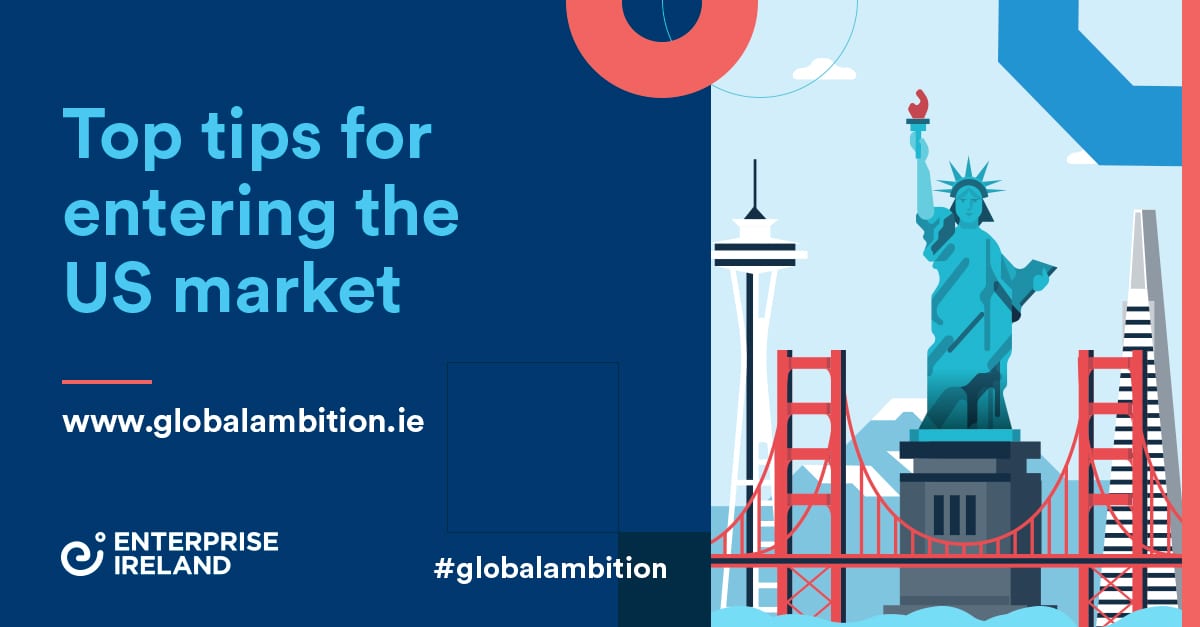
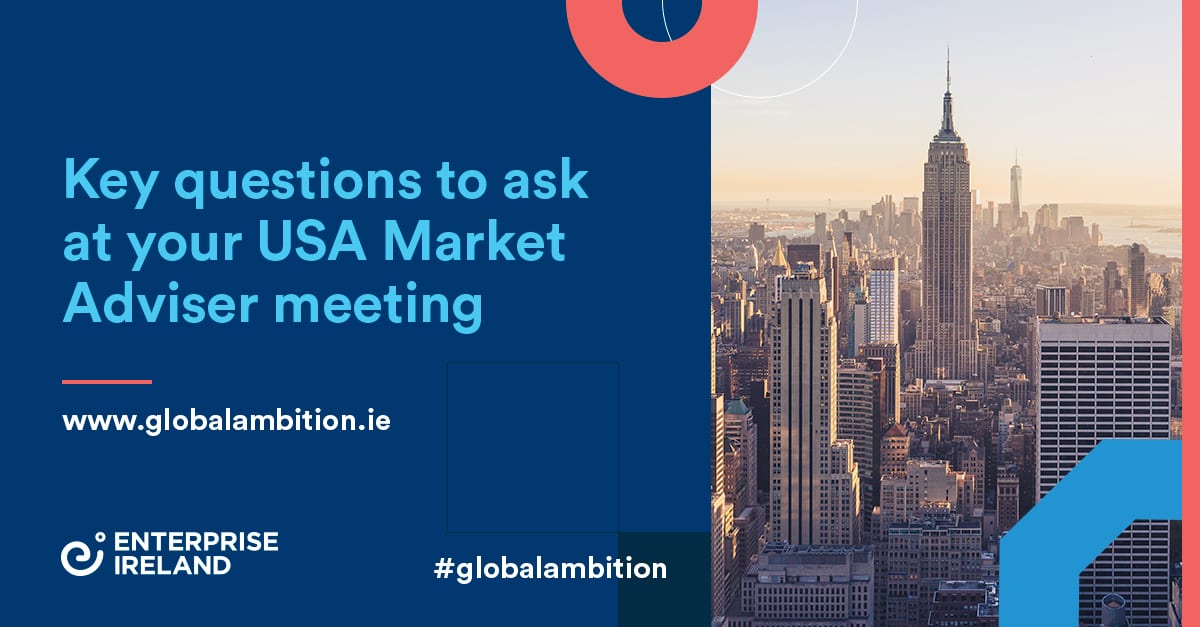


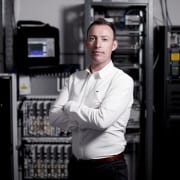
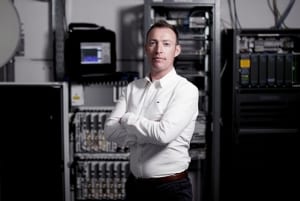
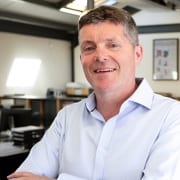
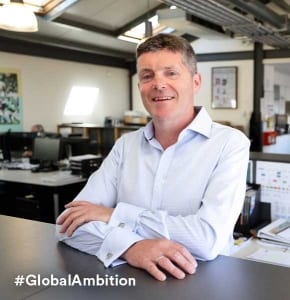
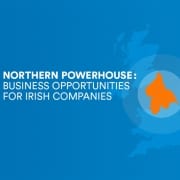


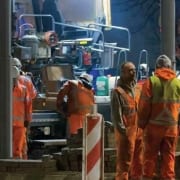

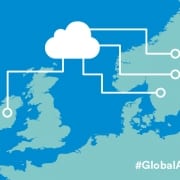
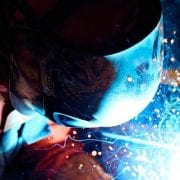
 German clients have been the easiest to convince and as a market, Germany has been one of the easiest for Combilift to crack and grow in – compared to Italy or Spain – according to managing director of the company, Martin McVicar.
German clients have been the easiest to convince and as a market, Germany has been one of the easiest for Combilift to crack and grow in – compared to Italy or Spain – according to managing director of the company, Martin McVicar.